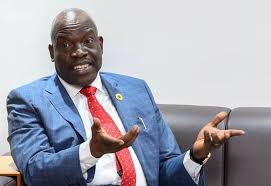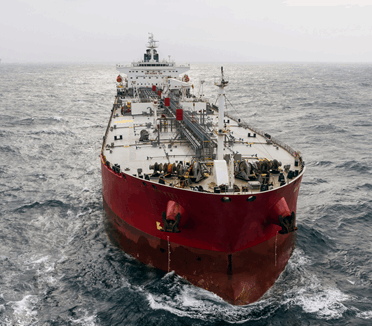 Oritsegbubemi Omatseyin
Oritsegbubemi Omatseyin
Lagos — The Nigerian Upstream Petroleum Regulatory Commission, NUPRC, in collaboration with the Independent Corrupt Practices and Other Related Offences Commission, ICPC, has organised a sensitisation programme on anti-corruption, aimed at averting corruption and promoting ethical norms and behavioural change in the Commission.
The Commission Chief Executive, CCE, Engr. Gbenga Komolafe, represented by the Executive Commissioner for Development and Production, Mr Enorense Amadasu stated that the conversation on anti-corruption is critical as it highlights the shared responsibilities of ensuring that the NUPRC is grounded in integrity, transparency and accountability.
The CCE stated that to curb the detrimental effect of corruption in the oil and gas sector, the Commission has developed strategies to ensure the highest level of integrity in its daily operations, from licensing processing, compliance monitoring, to revenue collection and enforcement activities.
Engr. Komolafe emphasised key measures the Commission has put in place to ensure transparency, such as automated processes like the Oil and Gas Industry Service Permit, OGISP, Portal which reduces human interaction in permit processes and consequently the incidents of bribery.
He further highlighted the open and competitive bid round for awarding licenses and leases, and the recently launched HostComply platform to enhance the administration of the Host Community Development Trust, HCDT.
Additionally, the CCE noted that the NUPRC Anti-Corruption and Transparency Unit, ACTU, has established a whistleblowing channel for complaints. He then encouraged all staff to look inward and embody accountability in all activities as this is one of the core values which the Commission stands on.
Speaking on behalf of the ICPC, Mr. Obaniyi Clement, commended the Commission for its efforts in combating corruption and promoting transparency.
Clement gave a presentation on the topic “Whistleblowing and Whistleblower Protection for an Effective Anti-Corruption Regime in the Office” where he explained the importance of a whistleblowing policy and the role of the management and staff in implementing the policy successfully.
The programme was part of the Commission’s efforts to promote a culture of transparency and accountability in the Commission and in the oil and gas industry.



